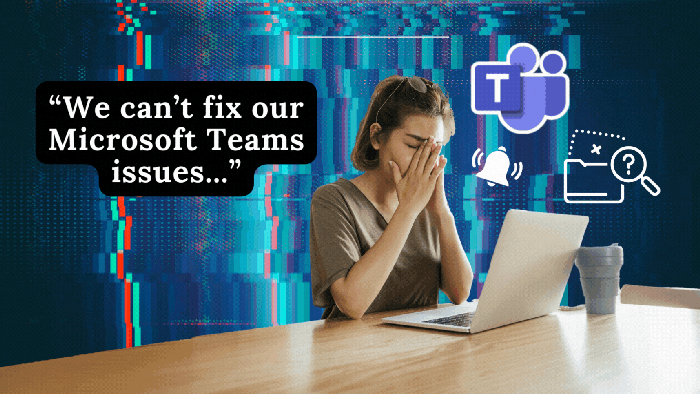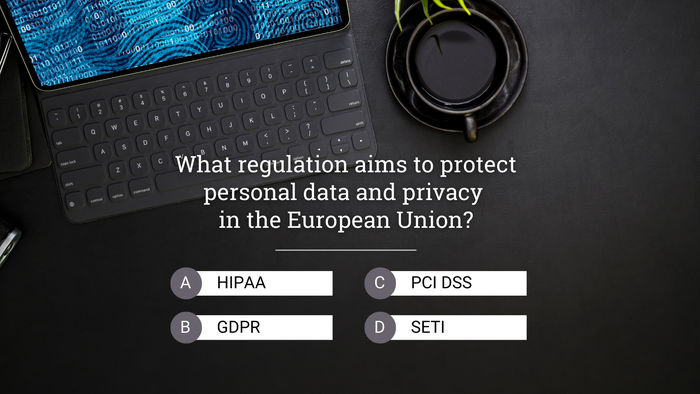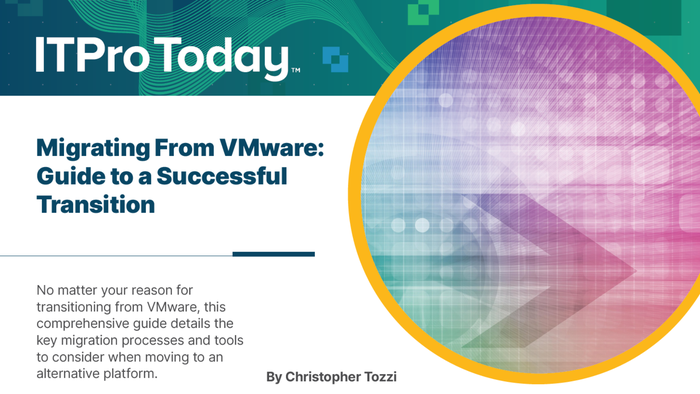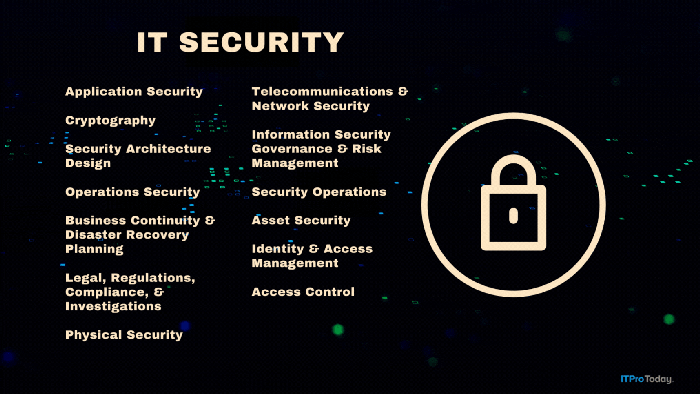What Emails are Hackers Targeting?
Certain types of email, companies and industries have a larger target on their back for email hacking. Understanding where the highest security threats are is the best way to ensure deliverability and make your business emails more secure.
December 1, 2014

Sponsored
Certain types of email, companies and industries have a larger target on their back for email hacking. Understanding where the highest security threats are is the best way to ensure deliverability and make your business emails more secure.
Agari, an email security company, studied 147 companies across 11 industries to try and measure two things:
1.) The trust factor -- Is the company taking the right steps to protect?
2.) The threat factor – What threats exist and how many are being made against a specific company/industry?
Overall, there was an 8% increase from the first quarter to the second when it came to trust across all industries, but threats and attacks remained about the same. Out of the industries examined, healthcare and travel seemed to be hacker’s new favorite targets. Let’s take a look at why.
As for the healthcare industry, recent breaches and reports indicate that they have performed the worst with low trust rates and high threats.
Unfortunately for the industry, security and accessibility is very difficult to balance. They face the double standard of patients wanting their data secure yet readily available. And patient data is some of the most valuable, sensitive data there is.
Hackers have figured this out unfortunately, and 13 out of 14 healthcare organizations were classified as easy targets because of the constant transmitting of such confidential information, especially via email.
Hackers have also been shifting their attention to the travel industry, understanding that traveling people are more likely to be using their smartphone or tablet to check email. Usually, people don’t set up their mobile devices as securely as they would a laptop, making them a lot more vulnerable to attack.
People who are constantly traveling for work also tend to feel tired and the pressure to accomplish tasks quickly. This may prevent them from thinking twice before clicking on an infected email or hyperlink.
Patrick Peterson, founder and CEO of Agari says, “As criminals started to look for a new weak link, they found that travel was incredibly successful…They've been plowing a lot of their efforts and investments into making more and more improvements spoofing an itinerary."
Large-scale attacks have occurred on Delta Airlines, Expedia, Airbnb and Booking.com as hackers make large efforts and investments to pose as a legitimate itinerary and gain login information for example.
The bad news is that even when companies continually try to up their security game, criminals are upping their hacking game too. The good news is that there’s services and platforms who specialize in this area.
What can we learn from the way hackers chose their targets? Leave a comment in the section below.
Jonathon Mahon is a content marketer, writer and designer based in Boston. He writes for various digital publications and blogs specializing in the cloud, email automation, software, and technology.
About the Author
You May Also Like









.png?width=700&auto=webp&quality=80&disable=upscale)